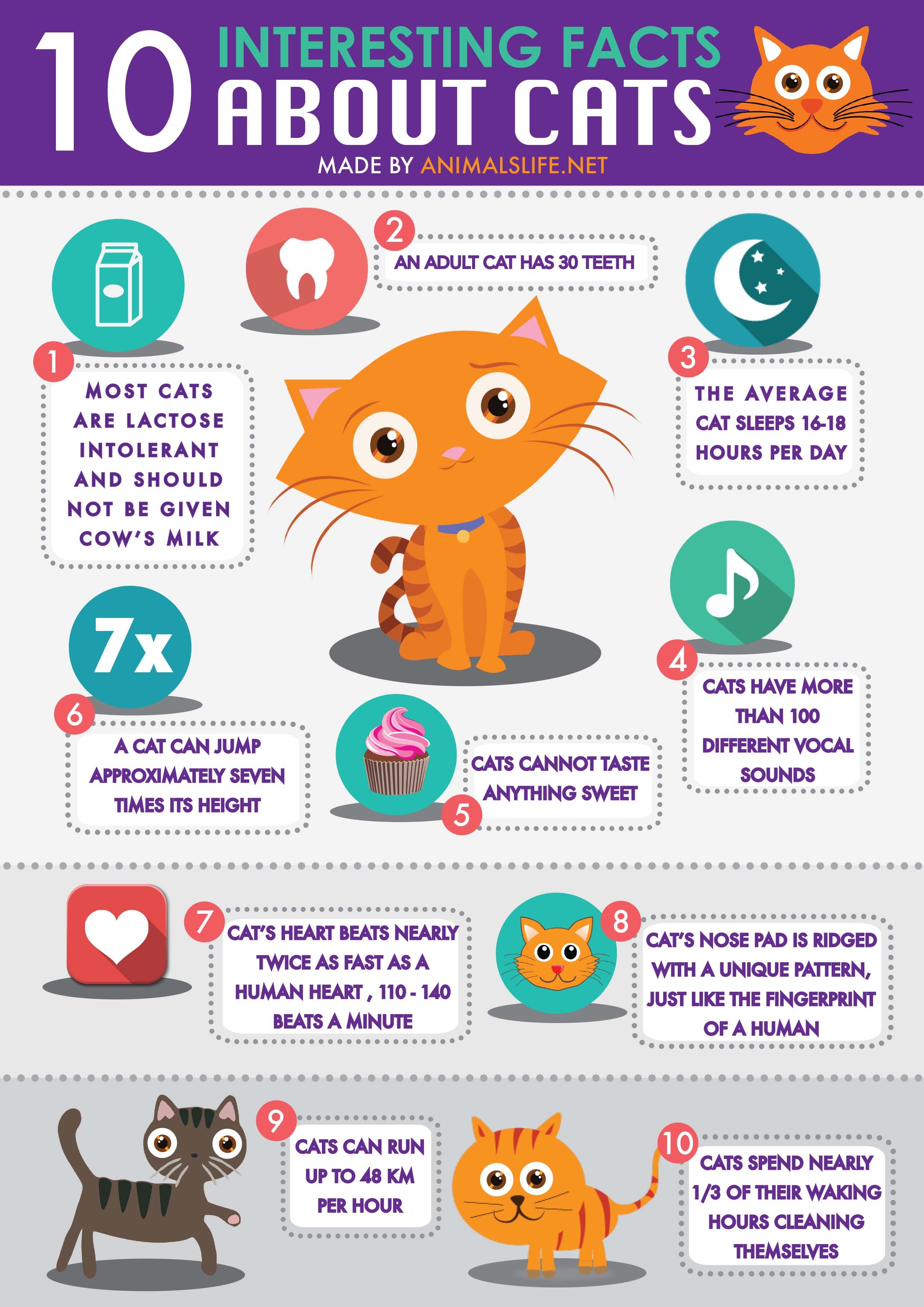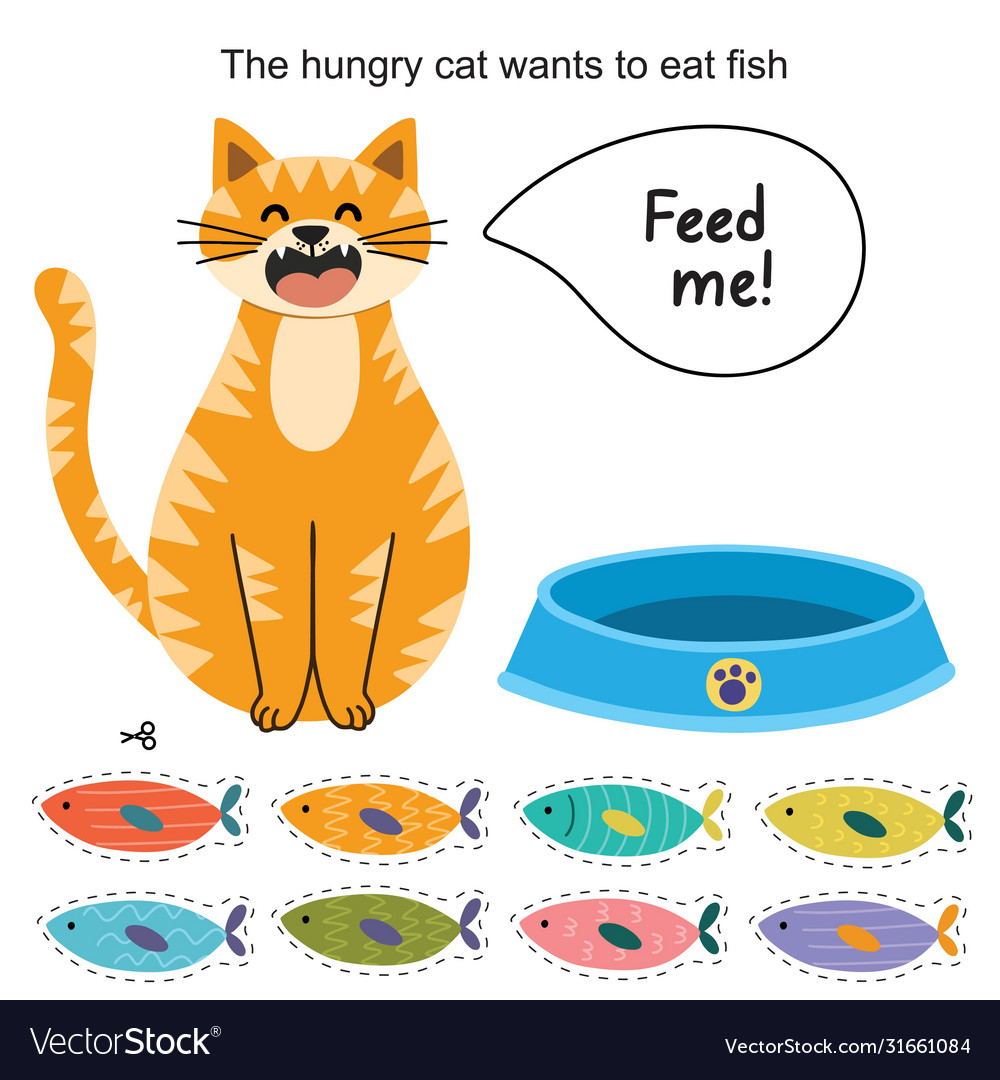
When it comes to growing up with pets, cats are a popular choice for many families. There are several reasons why cats make great pets for kids, and in this article, we will explore seven of the benefits that cats can provide to children.
Firstly, cats can help children learn important life skills. Taking care of a pet requires responsibility, and by feeding and caring for their furry friend, kids can develop valuable skills like empathy, nurturing, and even basic medical care.
Secondly, cats can provide comfort and companionship. Children who feel lonely or anxious can find solace in the presence of a cat. Cats are known for their soothing purr and unconditional love, which can help reduce stress and anxiety in kids.
Thirdly, cats can teach children about respect. In order to form a bond with a cat, children must learn to respect the cat’s boundaries and needs. This can help kids understand the importance of respecting others, both humans and animals.
Fourthly, having a cat can help lower the risk of allergies and asthma in children. Research has shown that kids who are raised with pets, like cats, are less likely to develop allergies or asthma later in life.
Fifthly, cats can be a source of entertainment and fun for children. Cats have a playful nature and can provide hours of amusement with their antics. Playing and interacting with a cat can also help children stay active and improve their motor skills.
Sixthly, cats are low-maintenance pets. Unlike dogs or other animals, cats do not require constant attention or supervision. They are independent animals that can entertain themselves, which makes them a great choice for busy families or households with multiple children.
Finally, having a cat can teach children about life and death. While this may seem morbid, it is an important part of growing up. Children will inevitably face loss and having a pet can help them understand and cope with this difficult aspect of life.
In conclusion, cats offer numerous benefits for children. From teaching important life skills to providing comfort and companionship, cats can have a positive impact on a child’s development and well-being. So, if you are considering getting a pet for your child, a cat may be the perfect choice!
Contents
Cats Are Great Companions
Cats make amazing companions for children for a number of reasons. First, cats are always there, ready to give love and comfort. They provide companionship and help reduce feelings of loneliness and stress. Children can grow and learn responsibility by taking care of a furry friend. Having a cat can also encourage nurturing and caregiving behaviors in children.
Cats are also great for children who may be more active or enjoy learning. Taking care of a cat requires certain responsibilities, such as feeding and grooming. This helps children learn about the needs of others and develop important life skills. Plus, having a cat can give them a sense of control and build their self-esteem.
In addition to the emotional benefits, cats also offer physical benefits for children. They encourage children to be more active and play with their furry friend. This can help children stay healthy, reduce the risk of certain health problems, and even lower blood pressure. Plus, cats can be a source of comfort and provide a sense of security for children.
Another great thing about cats is that they are low-maintenance compared to other pets, like dogs. They don’t require as much attention or exercise, and they don’t need to be taken outside for walks. This can be especially beneficial for families with busy schedules or limited outdoor space.
Cats can also help children learn about respect and boundaries. Children must learn to be gentle and not to pull or play too rough with their cat. This can teach them important lessons about respecting the needs and boundaries of others.
Finally, having a cat can also teach children about the circle of life and the concept of loss. Cats have shorter lifespans than humans, and children will inevitably experience the loss of a beloved pet. This can be a difficult but important lesson in coping with grief and understanding the natural cycle of life.
| Pros | Cons |
|---|---|
| + Cats provide companionship and reduce feelings of loneliness | – Cats require care, such as feeding and grooming |
| + Cats encourage nurturing and caregiving behaviors in children | – Cats can scratch and may pose a hazard to babies |
| + Cats help children learn responsibility | – Cats can cause allergies in some children |
| + Cats encourage physical activity and play | – Cats can be a source of stress for some children |
| + Cats are low-maintenance compared to other pets | – Cats can shed fur and require regular grooming |
| + Cats teach children about respect and boundaries | – Cats may not always be tolerant of children’s behavior |
| + Cats can help children learn about the circle of life and loss | – Cats may have shorter lifespans than expected |
In conclusion, having a cat as a childhood pet can bring numerous benefits to children. From the emotional and physical benefits to the lessons in responsibility, respect, and loss, cats make excellent companions for children.
Cats Teach Responsibility
Having a cat as a family pet can teach children important life lessons and help them develop a sense of responsibility. Here are 7 reasons why cats are great for teaching responsibility in children:
1. Learning to Care for Others

Caring for a cat means that children have to feed them, clean their litter box, and provide attention and love. Taking on these responsibilities teaches children the importance of caring for others and being accountable for another living being.
2. Building Bonds and Respect
Cats are social animals, and interacting with them helps children build strong bonds and mutual respect. By spending time with their cat, children learn to understand the needs and behavior of another creature, fostering empathy and compassion.
3. Encouraging Active Playtime
Playing with a cat encourages children to be more active. Running around, chasing a toy, or engaging in interactive play not only keeps kids physically active but also teaches them about the importance of exercise and having fun in a healthy way.
4. Responsibility for Basic Needs
Caring for a cat means recognizing and fulfilling its basic needs, such as providing food, water, and a safe environment. Children learn the importance of meeting these needs and understanding the significance of responsibility.
5. Improved Self-Esteem
Taking care of a cat and being responsible for their well-being can boost a child’s self-esteem and confidence. Seeing their cat grow and thrive due to their care gives them a sense of accomplishment and pride.
6. Teaching discipline and control
Having a cat helps children develop discipline and self-control. They learn to control their impulses, be patient, and have self-restraint when dealing with a cat’s needs and behavior.
7. Learning about Life and Loss

Having a pet also means children may encounter the sad reality of losing a beloved furry friend. This experience teaches them about life, how to cope with loss, and the importance of cherishing loved ones while they are with us.
In conclusion, cats can be amazing pets for children as they not only provide companionship and fun but also offer numerous advantages in terms of teaching responsibility. From learning to care for others to developing discipline and empathy, having a cat as a pet can be an enriching experience for a child’s growth and development.
Cats Help Develop Empathy
Having a cat can teach children important life lessons, such as empathy and responsibility. Cats are known for their nurturing nature, and by taking care of these furry creatures, children learn how to be caring and considerate. This article will explore the various ways in which cats can help children develop empathy and why they make great pets for kids.
1. Unconditional Love
Cats offer unconditional love to their owners, and this can greatly benefit children. When a child sees how their cat loves them no matter what, it teaches them the importance of accepting others for who they are. This builds empathy and allows children to develop strong bonds with their pets.
2. Teaching Responsibility
Looking after a cat requires responsibility. Children who grow up with cats learn the value of taking care of another living being, feeding them, and keeping them clean. These responsibilities can be instrumental in teaching children about empathy, as they learn to put themselves in the shoes of their pets and understand their needs.
3. Emotional Comfort
Cats are great companions for children, providing emotional comfort. When a child is feeling down or upset, having a cat around can offer comfort and support. Cats are known to be excellent listeners and can provide a sense of security and calmness to children, which in turn helps them develop empathy towards others who may be going through a difficult time.
4. Learning Patience
Cats can be independent animals, and they don’t always do what their owners want them to do. This teaches children the value of patience and understanding. By learning to wait for their cat to come and play or observing their cat’s behavior, children develop empathy towards animals and other people who may not always act as expected.
5. Health Benefits
Research has shown that owning a cat can have numerous health benefits. Cats have a calming effect and can reduce stress levels in children. Additionally, studies have found that children who grow up with cats have fewer allergies and a lower risk of asthma. These health benefits further enhance the bond between children and their pets, fostering empathy and understanding.
6. Encouraging Active Learning
Cats are curious creatures, and their natural tendency to explore encourages children to be active learners. Children can observe their cat’s behavior, ask questions, and learn more about the world around them. This active learning helps children develop empathy, as they gain a deeper understanding of their cat’s needs and emotions.
7. Developing Social Skills
Having a cat can also help children develop important social skills. They learn how to interact with their pets, communicate their needs, and understand nonverbal cues. This can then be applied to their interactions with other animals and humans, helping children develop empathy and build stronger relationships.
In conclusion, cats offer a range of benefits to children, including helping them develop empathy. By providing unconditional love, teaching responsibility, offering emotional comfort, promoting patience, providing health benefits, encouraging active learning, and developing social skills, cats can have a positive impact on a child’s development. So if you’re considering a pet for your child, a cat may just be the right choice!
Cats Provide Comfort and Emotional Support
Cats are known for their ability to provide comfort and emotional support, especially for children. Research has shown that having a cat can help reduce stress, anxiety, and loneliness. When children are feeling down or overwhelmed, they can always turn to their furry friend for a little bit of comfort.
One of the reasons why cats are such great companions is because they are always there for you. They don’t judge or ask for anything in return. Cats are content just to be around their humans, providing a sense of companionship and unconditional love.
Furthermore, the act of petting and grooming a cat can be very comforting and therapeutic. It has been proven that petting a cat can lower blood pressure and reduce stress. The gentle purring sound cats make is also known to have a calming effect on the human mind.
Caring for a cat can also teach children important life skills, such as responsibility and empathy. They learn to feed, clean, and play with their cat, which requires them to take control and be proactive in meeting the needs of another living being. This responsibility not only helps them develop practical skills, but also boosts their self-esteem and sense of accomplishment.
Finally, cats can be a source of comfort for children who may have allergies or asthma. Contrary to popular belief, growing up with a cat in the home can actually help children develop immunity to allergens associated with cats. Studies have shown that children raised around cats have a lower risk of developing allergies and asthma later in life.
In conclusion, cats make great pets for children because they provide comfort, emotional support, and companionship. They can help reduce stress, anxiety, and loneliness, while also teaching valuable life skills. If you’re considering getting a pet for your child, a cat might just be the perfect furry friend to have!
Pets Can Build Self-Esteem
Having a pet, like a cat, can provide numerous advantages for children, including boosting their self-esteem. Here are 7 amazing reasons why cats make great pets for kids:
1. Encourages Responsibility

Caring for a pet teaches children about responsibility. Feeding, grooming, and taking care of a cat can help kids learn important life skills and develop a sense of responsibility.
2. Builds Bonds and Friendship
Cats can be great friends and companions for children. They provide unconditional love and companionship, and children learn how to form bonds and develop friendships through their interactions with these furry friends.
3. Helps with Learning
Caring for a cat can also teach children valuable lessons about learning and problem-solving. They learn to understand the needs of their pet, communicate with them, and find solutions to various challenges that arise.
4. Nurturing and Respect

Having a pet cat teaches children how to be nurturing and respectful. They learn to care for another living being and understand the importance of treating animals with kindness and respect.
5. Lowers Stress and Encourages Well-being
Interacting with cats has been shown to lower stress levels and improve overall well-being. Cat owners often experience lower blood pressure and decreased risk of depression, making it an excellent way to promote a healthy lifestyle for children.
6. Boosts Self-Esteem
Having a pet cat can boost a child’s self-esteem. Taking care of a cat and seeing them thrive under their care gives children a sense of accomplishment and confidence. They develop a positive self-image and feel proud of their ability to care for another living creature.
In conclusion, having a cat as a pet can provide numerous benefits for children, ranging from fostering responsibility to boosting self-esteem. Cats make great companions for children, teaching them valuable life skills and providing unconditional love and friendship. So, if you’re considering getting a pet for your child, a cat could be an excellent choice!
Cats Can Improve Social Skills
Having a cat can greatly benefit a child’s social skills. Here are 10 ways cats can help:
- Cats provide companionship, helping children feel less lonely and encouraging them to develop social connections.
- Cats teach children about responsibility as they learn to care for their feline friend, feeding them, cleaning the litter box, and providing regular exercise.
- Petting and playing with a cat can reduce stress and anxiety, helping children learn how to better control their emotions and develop coping mechanisms.
- Caring for a cat can teach children respect for animals and the importance of treating them kindly.
- Having a cat in the home can help children develop nurturing skills as they learn to provide for the needs of another living being.
- Cats can teach children about unconditional love and acceptance, as felines do not judge or hold grudges.
- Caring for a cat can also help children develop a sense of empathy and compassion towards others.
- By interacting with a cat, children can learn about communication, as they need to understand and respond to the pet’s body language and vocal cues.
- Cats can provide a sense of security and comfort for children, especially when they are feeling scared or anxious.
- Growing up with a cat can help children build self-esteem, as they develop a sense of competence and confidence in their ability to care for and bond with their furry friend.
These amazing benefits make cats an ideal pet for children, as they not only provide companionship and love but also help kids develop important social skills that will benefit them throughout their lives.
